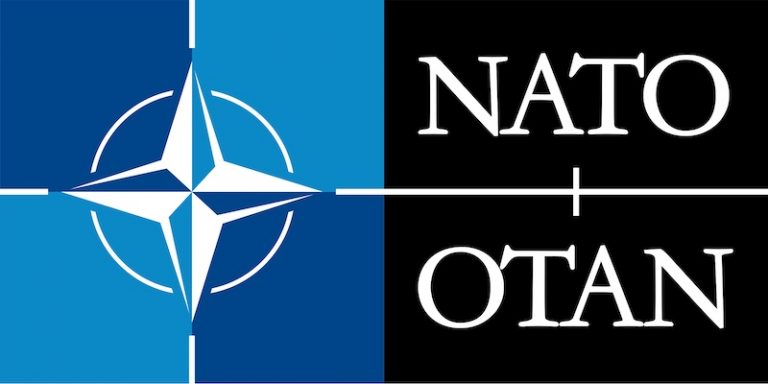
NATO’s 30 nations are committed to ensuring the freedom and security of their alliance members. Created in 1949, NATO must adapt to an increasingly complex and ever-changing security environment, and the international organization has been paying more attention to emerging and disruptive technologies in recent years. On 21 October, it adopted a strategyto maintain its lead in the field of artificial intelligence.
Emerging technologies are changing the very notions of peace, crisis and conflict. Members of the North Atlantic Treaty can no longer take their technological lead for granted. China, for example, has ambitions to become a leader in artificial intelligence over the next decade. NATO is making sure it maintains its strategic position.
Defence, security, accountability and respect for international law
As part of its NATO Agenda 2030, it has therefore adopted a strategy to maintain its lead in seven key disruptive technologies: artificial intelligence, data and computing, autonomous systems, quantum technologies, biotechnologies, hypersonic technologies and space. Artificial intelligence raises questions, especially when combined with other technologies such as big data, autonomous systems or biotechnology. NATO Defence Ministers have therefore approved an initial strategy.
This strategy describes how AI can be applied to the defence and security sector in a safe and ethical manner. It establishes that it is imperative to ensure responsible use of artificial intelligence technologies, as well as respect for international law and NATO values. It also addresses the threats posed by the use of AI by adversaries and how to build trusting cooperation with the AI innovation community.
Some excerpts from NATO’s strategy
- Artificial intelligence (AI) is changing the global defence and security environment. It offers an unprecedented opportunity to strengthen our technological edge, but will also increase the velocity of the threats we face. This fundamental technology will likely affect the full range of activities undertaken by the Alliance in support of its three core tasks; collective defence, crisis management and cooperative security.
- In order to maintain NATO’s technological edge, we are committed to collaboration and cooperation among Allies on all matters relating to AI for transatlantic defence and security. NATO and Allies can help accelerate these efforts by building on existing adoption efforts of several NATO and Allied agencies.
- The objective of this strategy is fourfold:
- Provide a foundation for NATO and Allies to lead by example and encourage the development and use of AI responsibly for allied defense and security purposes;
- Accelerate and integrate the adoption of AI into capability development and delivery, improving interoperability across the Alliance, including through proposed AI use cases, new structures and programmes;
- Protect and monitor our AI technologies and ability to innovate, taking into account security policy considerations such as operationalizing our responsible use principles;
- Identify and protect against threats of malicious use of AI by state and non-state actors.
5. As part of the future Defence Innovation Accelerator for the North Atlantic (DIANA), national AI test centres could support NATO’s AI ambition. NATO and Allies will also conduct regular high-level dialogues, engaging technology companies at a strategic policy level to be informed and help shape the development of AI technologies, creating a common understanding of the opportunities and risks arising from AI.
Ensuring the safe and responsible use of allied AI
- To ensure the safe and responsible use of Allied AI, NATO will implement its responsible use principles. These principles will apply throughout the life cycle of an AI capability. Allies and NATO will therefore apply these principles to all lines of development.
- To further inform this work, the NATO AI Test Centre(s) will develop best practices for Allies, which will include assistance to overall interoperability and information security efforts.
- Supporting the safe and responsible use of AI, NATO and Allies will consciously put bias mitigation efforts into practice. This will seek to minimise bias against individual traits, such as gender, ethnicity or personal attributes.
- NATO will conduct appropriate risk and/or impact assessments before deploying AI capabilities
NATO says it will continue to work with relevant international AI standards bodies to help foster consistency between military and civilian standards with respect to AI standards.
Translated from Retour sur l’adoption de la première stratégie de l’OTAN en matière d’Intelligence Artificielle









